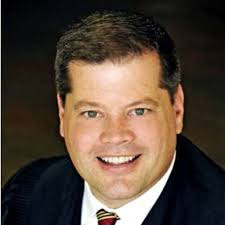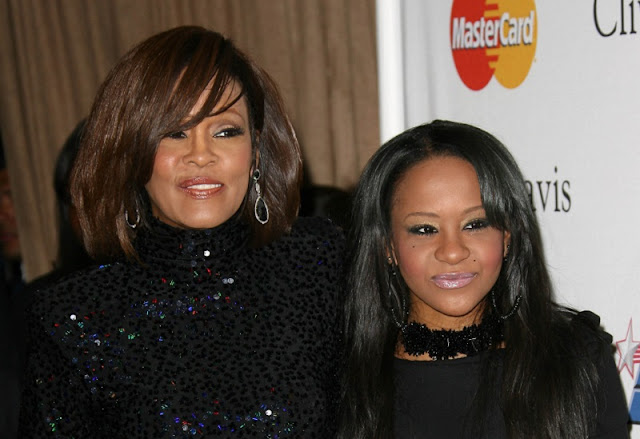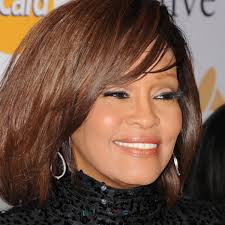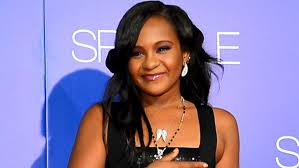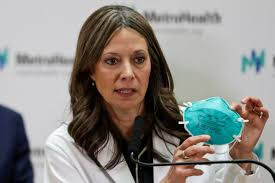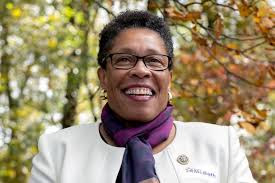 Pictured is Cleveland serial killer Anthony Sowell
Pictured is Cleveland serial killer Anthony Sowell
Clevelandurbannews.com and Kathywraycolemanonlinenewsblog.com, Ohio's most read Black digital newspaper and Black blog. Tel: (216) 659-0473 and Email: editor@clevelandurbannews.com. Kathy Wray Coleman, editor-in-chief, and who trained for 17 years at the Call and Post Newspaper in Cleveland, Ohio. We interviewed former president Barack Obama one-on-one when he was campaigning for president. As to the Obama interview, CLICK HERE TO READ THE ENTIRE ARTICLE AT CLEVELAND URBAN NEWS.COM, OHIO'S LEADER IN BLACK DIGITAL NEWS
He suffered from a terminal illness, but it was purportedly not the coronavirus, a spokesperson from the Ohio Department of Rehabilitation and Correction said on Monday.
Dead at the hands of the infamous Sowell are Tishana Culver, Leshanda Long, Michelle Mason, Tonia Carmichael, Nancy Cobbs, Amelda Hunter, Telacia Fortson, Janice Webb, Kim Yvette Smith, and Diane Turner.
The 11 women were strangled and murdered by serial killer Sowell at his since demolished home on Imperial Avenue in Cleveland's Mount Pleasant Neighborhood on the city's largely Black east side.
And while three other women were raped and escaped, they were left with emotional scars.
Activists will remember the 11 fallen women and other women subjected to heinous violence at Thursday's public event on Imperial Avenue and will give speeches.
"We are pleased that Anthony Sowell and his attorneys can no longer file frivolous appeals of his convictions on 82 of 83 counts counts and that the families of Sowell's victims have gotten some degree of closure but so much more work is needed to protect Black women in Cleveland from these heinous types of crimes and violence in general," said Imperial Women Coalition founder and Cleveland activist and organizer Kathy Wray Coleman, who has been the head organizer of nearly every anniversary rally and march relative to the Imperial Avenue Murders since 2010, including the anniversary rally held last October.
"Men will be at Thursday's rally in support of Black women on this issue as we have always done," said Black on Black Crime President Alfred Porter Jr. "Sowell and his attorneys can no longer misuse the system."
Other participating groups for the upcoming rally include the Cleveland Peacemakers, the Black Man's Army, Black Women's PAC of Greater Cleveland, the Brickhouse Wellness Center, International Women's Day March Cleveland, Find Our Children The Missing-Ebony Alert, Survivors and Victims of Tragedy, the Laura Cowan Foundation, Refusefacism Ohio, the Carl Stokes Brigade and Women's March Cleveland.
Dubbed the "Cleveland strangler," Sowell was convicted in 2011 by a Cuyahoga County Court of Common Pleas jury on 82 of 83 counts, including 11 counts of aggravated murder and three counts of rape.
Common Pleas Judge Dick Ambrose, the trial court judge who presided over Sowell's criminal case and a former Cleveland Browns football player, handed the serial killer a death sentence following a recommendation from the same jury that convicted him.
Six of the 11 murdered women were killed by Sowell after Cleveland police released him from custody in 2008 on a rape complaint, the serial killer arrested again in 2009 on another rape complaint that stuck, but only after he murdered six more women.
Police also ignored missing persons reports filed by family members of the victims, allegedly because the victims were poor Black women.
Sowell and his lawyers exhausted all appeals that sought to overturn his convictions and death sentence, including to the U.S. Supreme court, which refused to hear his case in 2017.
The city settled with the families of the six women murdered after Sowell was released from custody in 2008 in spite of a pending rape report to police.
The settlement was for $1 million, which was split between the six families.
Sowell was arrested again in 2009 on a rape complaint and that is when the 11 bodies were discovered at his then home on Imperial Avenue.
Five other families that sued await settlement.
A former U.S. marine, Sowell served 15 years in prison for attempted rape prior to the Imperial Avenue Murders.




